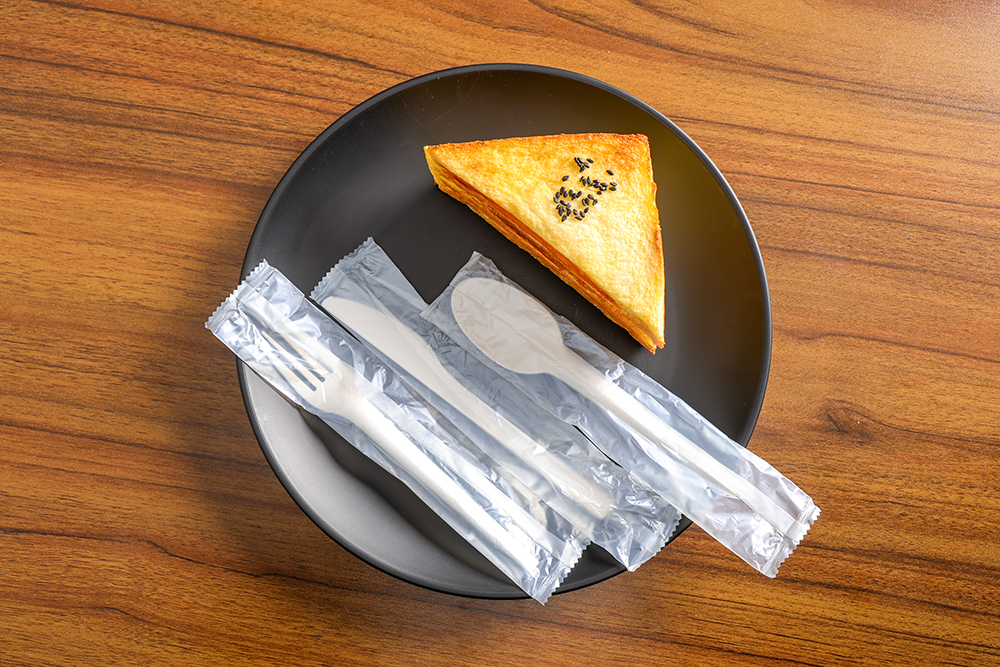Compostable and biodegradable are two terms often used to describe eco-friendly tableware. However, they are not the same thing and have different impacts on the environment. Here are the key differences between compostable and biodegradable tableware.
Compostable tableware is tableware that breaks down into nutrient-rich compost in a specific composting environment. Compostable tableware is typically made from plant-based materials such as cornstarch, sugar cane, bamboo or wood. Compostable tableware must meet certain compostability standards, such as ASTM D6400 or EN 13432, to ensure that the tableware breaks down over time, leaves no toxic residue, and supports plant growth. Compostable tableware can only be composted in commercial composting facilities where temperature, humidity and oxygen levels are controlled. Compostable tableware is not suitable for home composting because it does not break down in the backyard compost pile. Compostable tableware is also not recyclable as it can contaminate the recycling stream and damage recycling equipment.
Biodegradable tableware is tableware that breaks down into its natural elements over time with the help of microorganisms such as bacteria and fungi. Biodegradable tableware can be made from a variety of materials, such as plant-based plastics, petroleum-based plastics or natural fibers. Biodegradable tableware does not have to meet any biodegradability standards, and the term is less regulated. Therefore, biodegradable tableware varies greatly in how long it takes to break down, what it breaks down into, and whether it leaves behind any toxic residue. Biodegradable tableware can break down in different environments, such as soil, water or landfill, depending on the material and conditions. Biodegradable tableware is not compostable as it does not produce high-quality compost that can be used for gardening. Biodegradable cutlery is also not recyclable as it can contaminate the recycling stream and damage recycling equipment.
Both compostable and biodegradable cutlery are better than traditional plastic cutlery because they reduce waste and greenhouse gas emissions. However, compostable tableware is more environmentally friendly than biodegradable tableware because it produces valuable compost that enriches the soil and supports plant growth. Therefore, you should choose compostable cutlery over biodegradable cutlery whenever possible and make sure to dispose of them in an appropriate manner. By doing this, you can enjoy eco-friendly tableware while also helping the environment.
